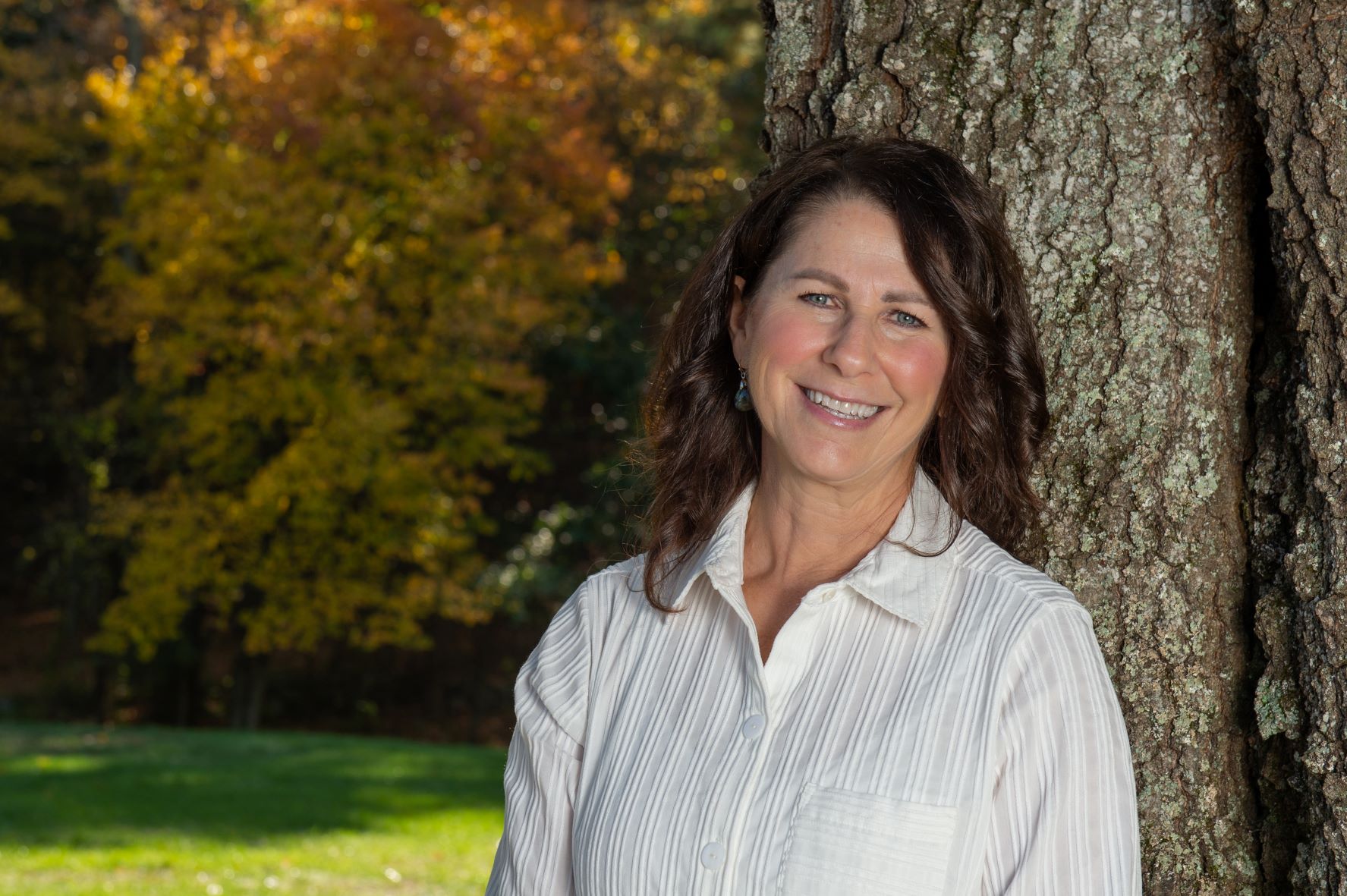The CDC estimates more than 107,000 people died of a drug overdose in the 12-month period ending August 2022.
These are staggering numbers but when someone you love dies from an overdose, it is no longer just a statistic.
It becomes very personal.
My 25-year-old son Kevin died in 2015 from an accidental overdose.
I couldn’t tell people he died without the person asking me questions.
Kevin and Susan in 2009, college move-in day
From the bereaved family’s perspective, it feels like anyone who asks “What happened?” wants to leapfrog over the fact their loved one just died.
Stigma complicates grief and adds to isolation. At a time when families need the most support, they end up suffering in silence for fear of judgment.
I write about my personal struggle with this stigma and what I went through to heal in my memoir Life After Kevin.
If there is one thing I’d want people to take away from my own journey, it is this:
Shame is the emotion we feel due to the stigma surrounding how a person dies. Shame keeps families suffering in silence.
In light of Overdose Awareness, and all those who have lost someone this way, I’m offering my own suggestions of the do’s and don’ts when you know someone who has experienced the death of a loved one from an overdose.
What NOT to do:
- If the cause of death isn’t made known, that’s intentional. Do not ask probing questions about the cause of death or what happened.
- Never begin a sentence with “At least” or “You should”. At least you have other children, At least he had 25 beautiful years, You should keep busy, You should be past this by now…
- Don’t judge the situation or family. Period.
What TO do:
- When someone tells you their loved one died, give them your condolences and PAUSE. Hold the space by expressing your sympathy and compassion. Let them know you are there for them.
- Respect the family’s right to privately come to terms with their circumstances. If they want to talk, just listen.
- If you knew the person who died, consider sharing verbally or writing out a memory or favorite quality about them.
When we think in terms of “good” and “bad” ways to die, we inadvertently minimize the value of the person’s life. Let’s give the families our support by rethinking our responses.

